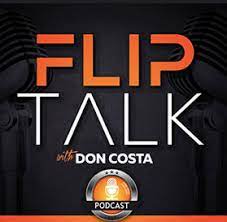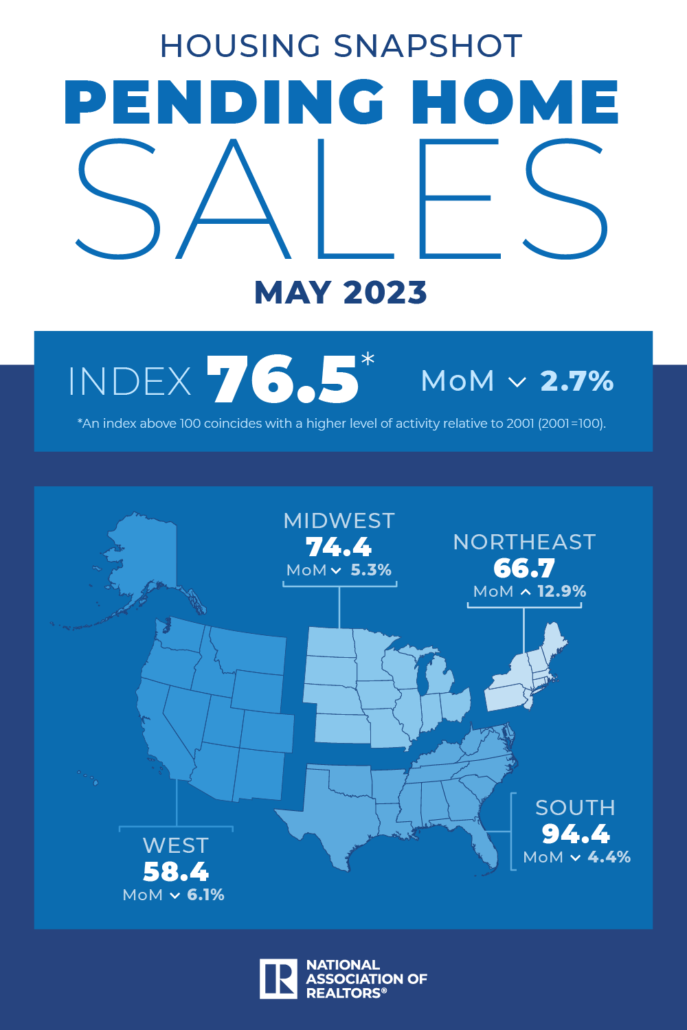Moving Made Easy: Strategies for Real Estate Investors on a Tight Schedule
By Jason Mueller
Moving can be a daunting task, especially for real estate investors who often find themselves juggling multiple properties and deals on a tight schedule. The process of relocating can be stressful, time-consuming, and disruptive to business operations. However, with careful planning and strategic execution, moving can be made much easier, allowing investors to transition smoothly while minimizing downtime and maximizing productivity.
In this guest post, we will explore some effective strategies for real estate investors on a tight schedule to make their move a seamless and efficient experience.
Photo by Zachary Kadolph on Unsplash
Why Choose Three Movers for Your Moving Needs
When it comes to moving, choosing the right moving company is crucial for a smooth and stress-free experience. ThreeMovers.com offers a compelling option for your moving needs. With a team of experienced professionals, they provide efficient and reliable services, ensuring the safe transport of your belongings. Three Movers takes care of all the logistics, from packing to unpacking, so you can focus on other aspects of your move. Their expertise, attention to detail, and commitment to customer satisfaction make them an excellent choice for anyone seeking a seamless and hassle-free moving experience.
Create a Comprehensive Moving Plan
The first step to ensure a successful move is to develop a detailed moving plan. Start by setting a firm moving date and work backward, creating a timeline with specific tasks and deadlines. Include everything from notifying tenants and clients about the move to arranging for utilities and services at the new location. Having a clear plan in place will help you stay organized and focused throughout the process.
ADVERTISEMENT
Delegate and Outsource
Real estate investors often have a multitude of responsibilities and limited time. To alleviate the burden of moving, delegate tasks to capable team members or consider outsourcing certain aspects of the process. Hire professional movers to handle the logistics of transporting your belongings, enlist the help of a property management company to manage tenant communications, or hire virtual assistants to handle administrative tasks. By delegating and outsourcing, you can free up your time and concentrate on critical business matters.
Pack and Label Efficiently
Packing is a time-consuming process that can become overwhelming without proper organization. Create an efficient packing system by decluttering and sorting your belongings. Separate items into categories, such as furniture, documents, equipment, and personal belongings. Use high-quality packing materials and label each box clearly with its contents and the room it belongs to. This will save you time when unpacking at the new location and help you locate items quickly when needed.
Utilize Technology
Take advantage of technology to streamline your move and manage your real estate business more efficiently. Use property management software to handle tenant communication, lease agreements, and rent collection remotely. Utilize cloud storage services to store important documents and access them from anywhere. Virtual meeting platforms can also be helpful for conducting meetings with clients and contractors during the moving process.
Coordinate with Contractors and Service Providers
If you have ongoing construction or renovation projects, make sure to coordinate with contractors and service providers well in advance. Communicate your moving schedule and discuss any necessary adjustments to project timelines. By proactively managing these relationships, you can ensure a smooth transition and minimize any disruptions to your business operations.
ADVERTISEMENT
Prioritize Essential Services
One of the key aspects of moving is transferring utilities and services to the new location. Prioritize essential services such as electricity, water, internet, and phone lines. Notify service providers ahead of time about your move and schedule the necessary installations and transfers. This will ensure that your business can resume operations promptly at the new location.
Notify Tenants and Clients
If you own rental properties or have clients who regularly visit your office, it is crucial to notify them well in advance about your move. Send out formal notifications via email or physical mail, and provide clear instructions regarding the relocation. Address any concerns they may have and reassure them of uninterrupted services during the transition. Open lines of communication with tenants and clients, and keep them updated on the progress of the move.
Plan for Downtime
Despite careful planning, it is essential to anticipate some downtime during the moving process. Allocate time for setting up the new space, unpacking, and reorganizing your business operations. Consider scheduling your move during a period of low activity or plan to work remotely during the transition. By acknowledging and planning for downtime, you can minimize its impact on your real estate business.
Take Care of Legal and Administrative Tasks
Moving involves various legal and administrative tasks that should not be overlooked. Update your business address with the appropriate authorities, including government agencies, banks, insurance providers, and clients. Review and revise any contracts or lease agreements that may be affected by the move. Consult with legal professionals to ensure compliance with any regulatory requirements associated with your relocation.
Celebrate the Move
Finally, once you have successfully completed your move, take the time to celebrate this milestone. Recognize and appreciate your team for their efforts in making the transition smooth. Consider hosting a grand opening event at your new location to showcase your commitment to growth and to strengthen relationships with tenants, clients, and business partners.
Final Thoughts
Moving can be a challenging endeavor for real estate investors on a tight schedule. But, with the right planning in place, it can be much easier. By creating a comprehensive moving plan, delegating tasks to capable team members or outsourcing certain aspects, utilizing technology to streamline operations, prioritizing essential services, and effectively communicating with tenants and clients, investors can minimize disruptions and maximize productivity during the move. Careful planning and execution are key to ensuring a smooth transition and allowing investors to continue their real estate endeavors successfully. With these strategies in place, moving can be transformed from a stressful experience into a seamless and efficient process, ultimately benefiting the investor’s business and bottom line.
Jason Mueller
Jason Mueller has a passion for real estate. He has been both a real estate agent and an investor. Currently, he is invested and living in Costa Rica.
























































